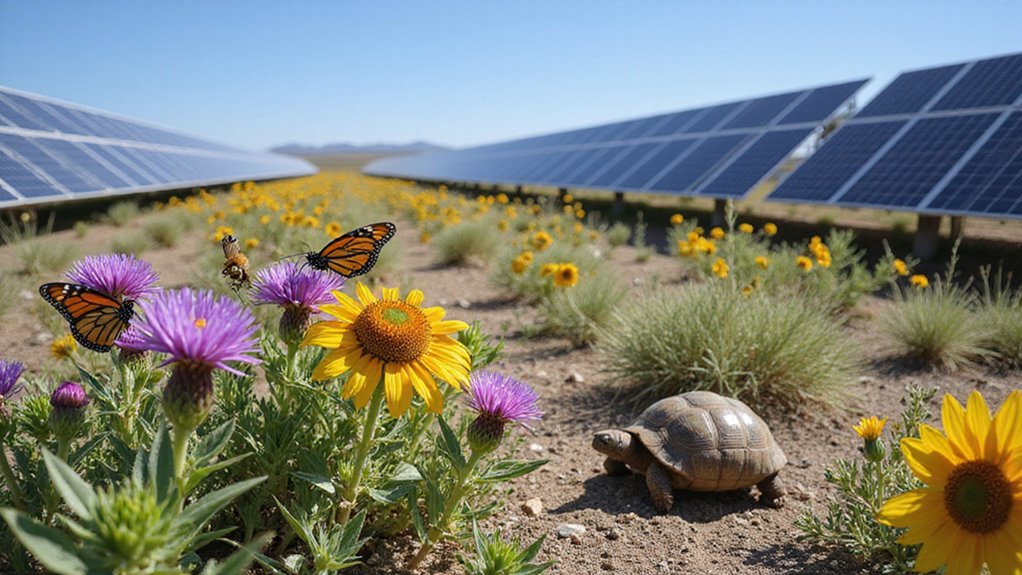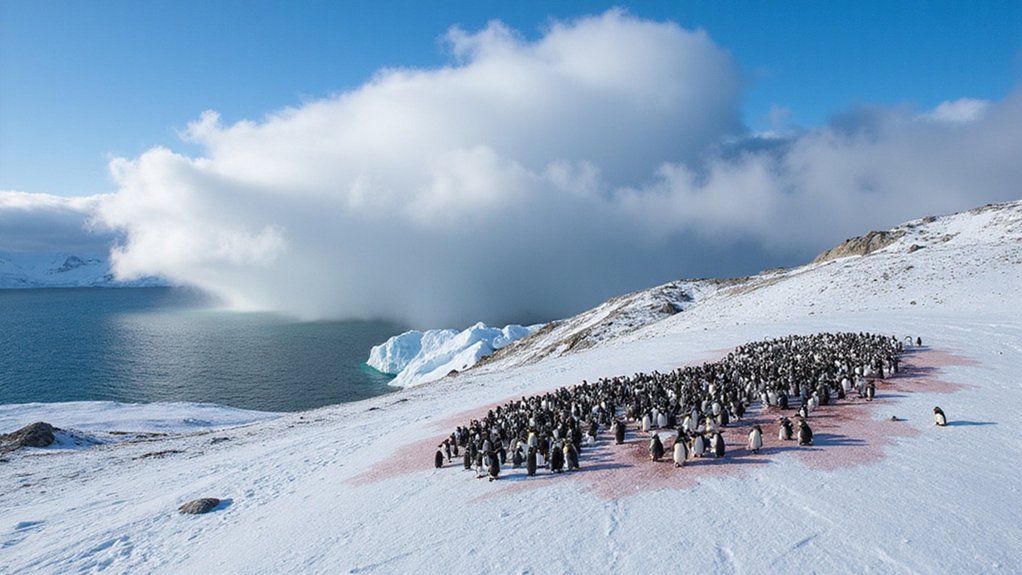While most people have never heard of them, pangolins are getting wiped out faster than any other mammal on Earth. Every three minutes, another one vanishes into the black market. These scaly anteaters are nature’s underdogs, and they’re losing badly.
All eight pangolin species are in trouble. The Asian ones? Critically endangered. The Chinese pangolin population crashed by 80 percent. Why? Because somewhere, someone decided pangolin scales cure cancer or make you virile or whatever nonsense traders are peddling this week. Spoiler alert: the scales are just keratin, the same stuff in your fingernails.
Pangolin scales are just keratin—the same stuff in your fingernails. They don’t cure anything.
America’s conservation groups aren’t sitting around twiddling their thumbs. Wildlife Alliance has yanked over 445 Sunda pangolins from traffickers since 2001. Their teams intercept illegal shipments, bust trafficking rings, and rush these weird little tanks to safety. It’s dangerous work. These aren’t teddy bears—they’re dealing with criminal networks that make serious money.
The trade keeps morphing. Asian pangolins got too scarce, so now traffickers raid Africa. They ship the animals across continents, stuffed in suitcases or hidden in cargo containers. Law enforcement uses DNA testing to track where seized pangolins came from. It’s CSI for anteaters.
Protected areas are expanding. Nearly half of a planned 12,300-acre sanctuary will be ready by 2025. Rescued pangolins get rehabilitation before heading back to the wild. Meanwhile, education campaigns try convincing people that eating pangolin meat doesn’t make them special. World Pangolin Day happens every third Saturday in February, though let’s be honest—most people still don’t know what a pangolin is.
These creatures matter. They vacuum up termites and ants, keeping pest populations in check. A single pangolin devours 70 million insects annually, making them nature’s pest control specialists. They dig around, aerating soil like living rototillers. Some species even have prehensile tails for climbing trees. Pretty impressive for something that looks like a walking pinecone.
International cooperation remains spotty. Trade bans exist on paper, but enforcement is weak. Deforestation keeps shrinking their homes. The math is simple: pangolins are disappearing faster than anyone can save them. Unless something changes soon, Earth’s most trafficked mammal will exist only in photographs.








